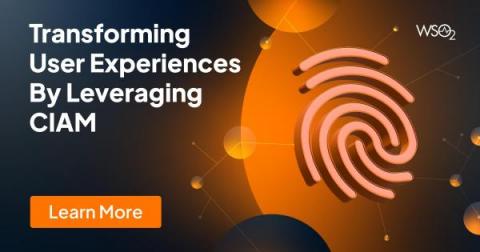Systems | Development | Analytics | API | Testing
API
How to Choose the Right API Gateway for Your Business
Modern organizations rely on APIs to power their digital customer experiences. This can lead to stronger brand loyalty and higher revenues — if they play their cards right. The driving factor in delivering personalized content is connectivity to more applications, systems, and data sources. That takes APIs.
Celebrating 18 Years of Innovation: Unveiling 18 Fascinating Facts About WSO2
Today, we raise our virtual glasses to toast the 18th anniversary of WSO2 – a company that has redefined the realms of software development and innovation. From its humble beginnings to becoming a global force, WSO2 has stood the test of time, consistently delivering game-changing products that drive success for countless organizations across the world. So, join us as we take a captivating journey through WSO2's milestones, uncovering 18 fascinating facts!
Transforming User Experiences By Leveraging CIAM
More than ever, companies are competing based on their ability to deliver exceptional user experiences. It can take less than 60 seconds for a busy consumer to try one company’s website, get frustrated, and jump to the site of a competitor. And customers may stop using a business altogether if they discover that it has given their personal data to some third party without permission. Such flawed digital experiences can quickly compromise brand loyalty and cut revenues in the process.
CNCF & Cimpress | Leverage user traffic to automate load testing this holiday season
Frank Leymann is Named First WSO2 Technology Fellow
5 Pillars of Building Enterprise Grade APIs - WSO2 Choreo Webinar
Cloud-side vs. Client-side Testing: What's Right for Your Project?
Most developers are familiar with running Selenium or Appium tests on their local machine (or sending them to a local Appium server). While these capabilities are essential early on, many organizations need help scaling this approach. Building and maintaining internal device labs and infrastructure can quickly become a nightmare. Here, you'll learn about the differences between client-side and cloud-side tests and how to choose the right option for your project.











